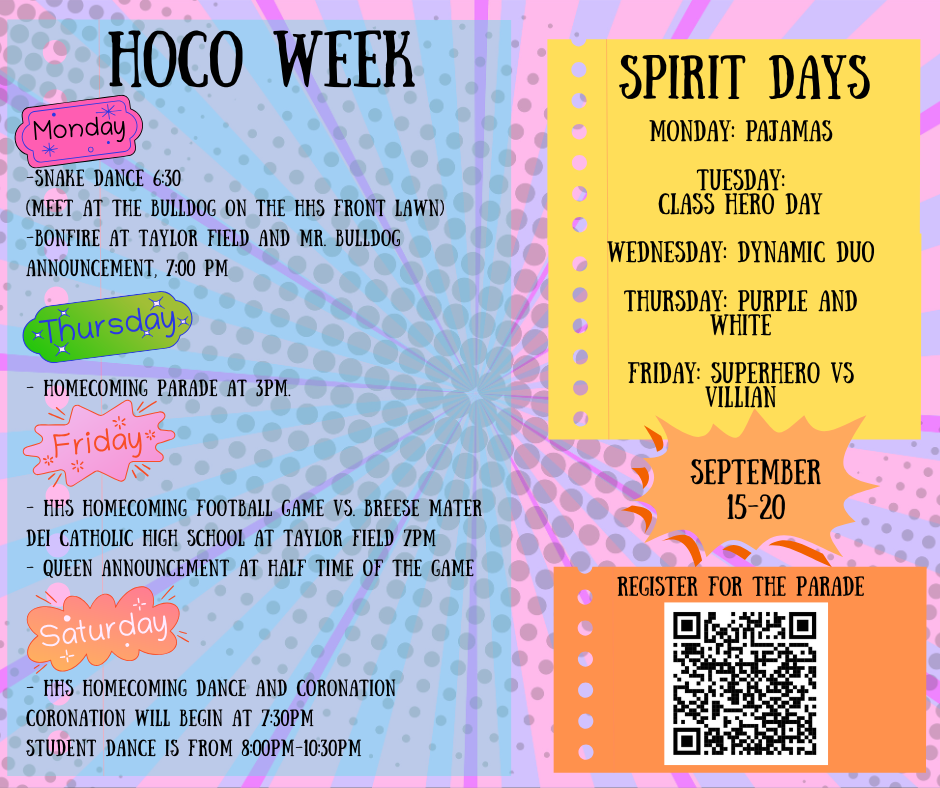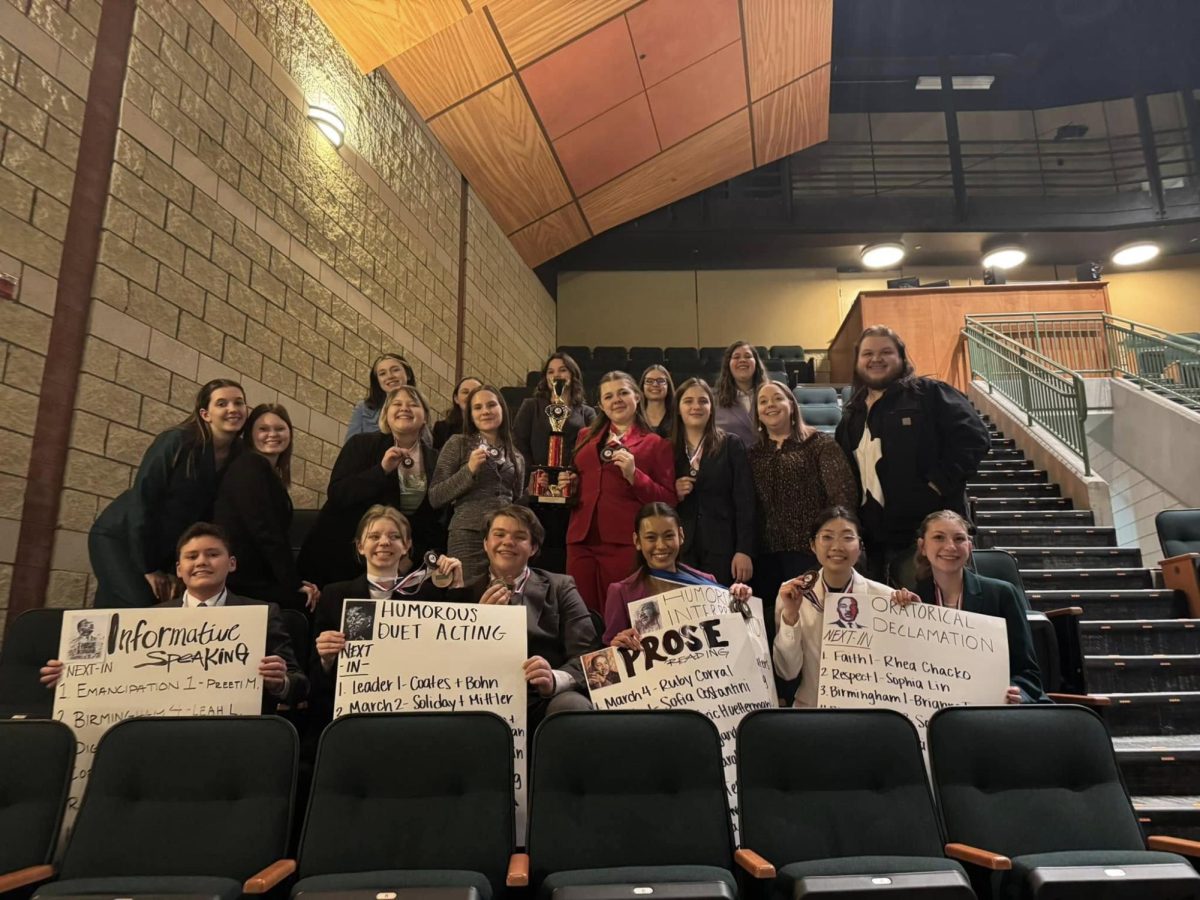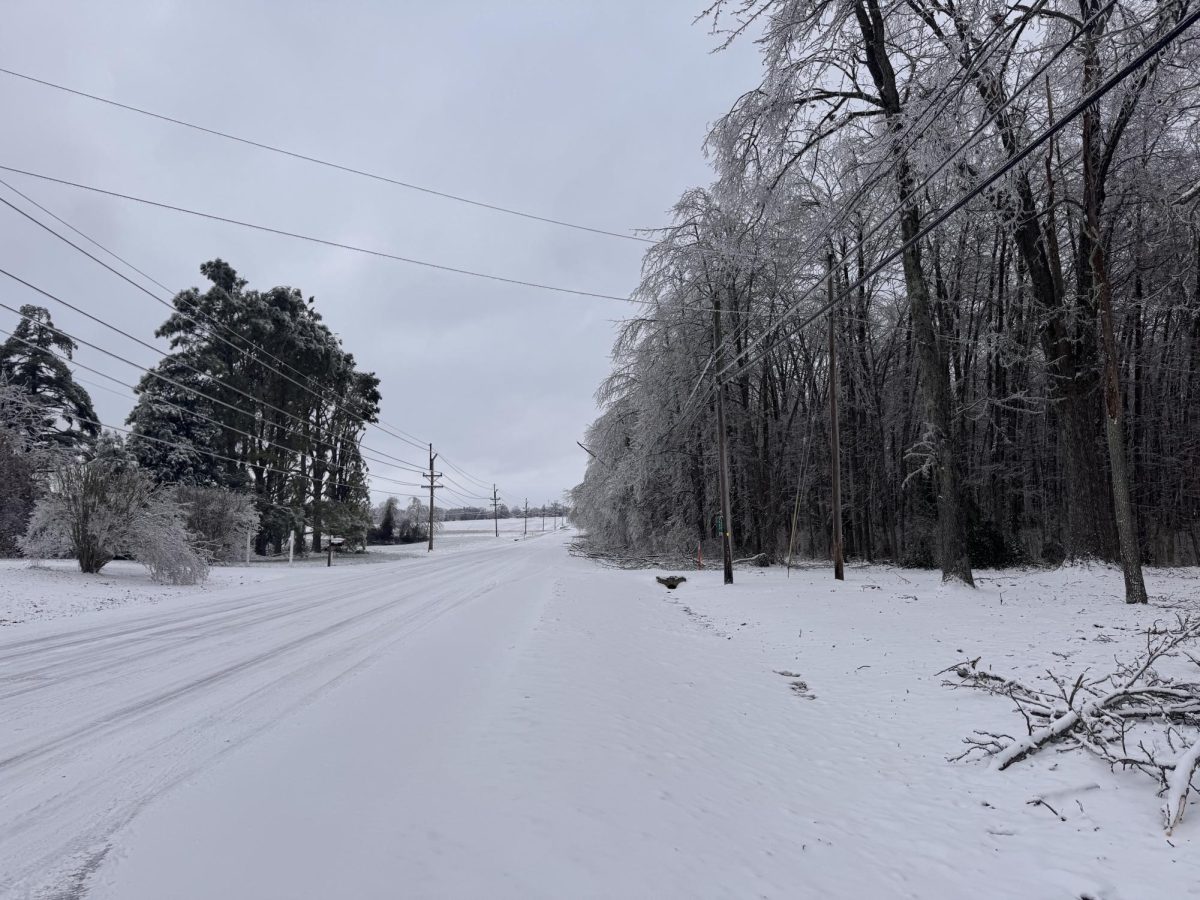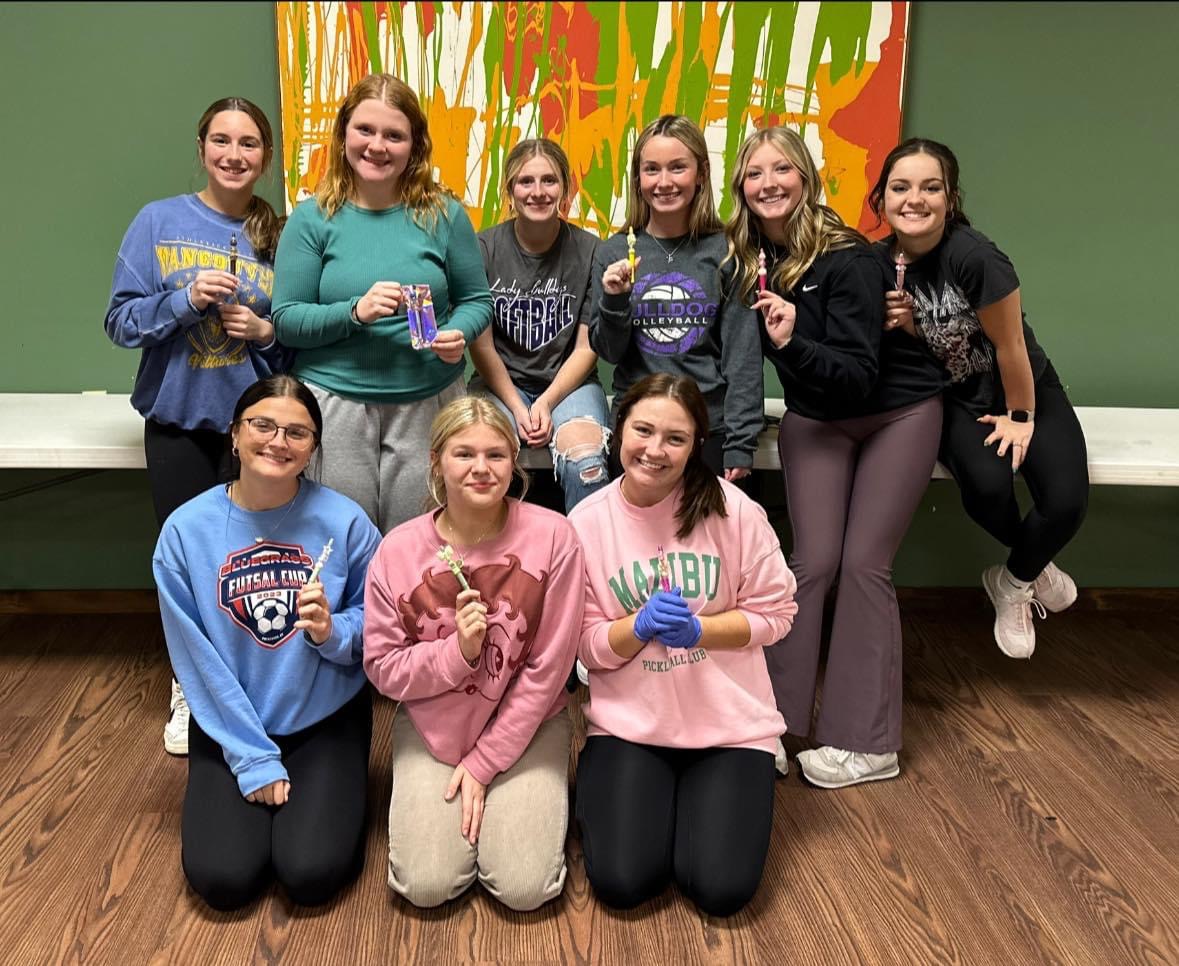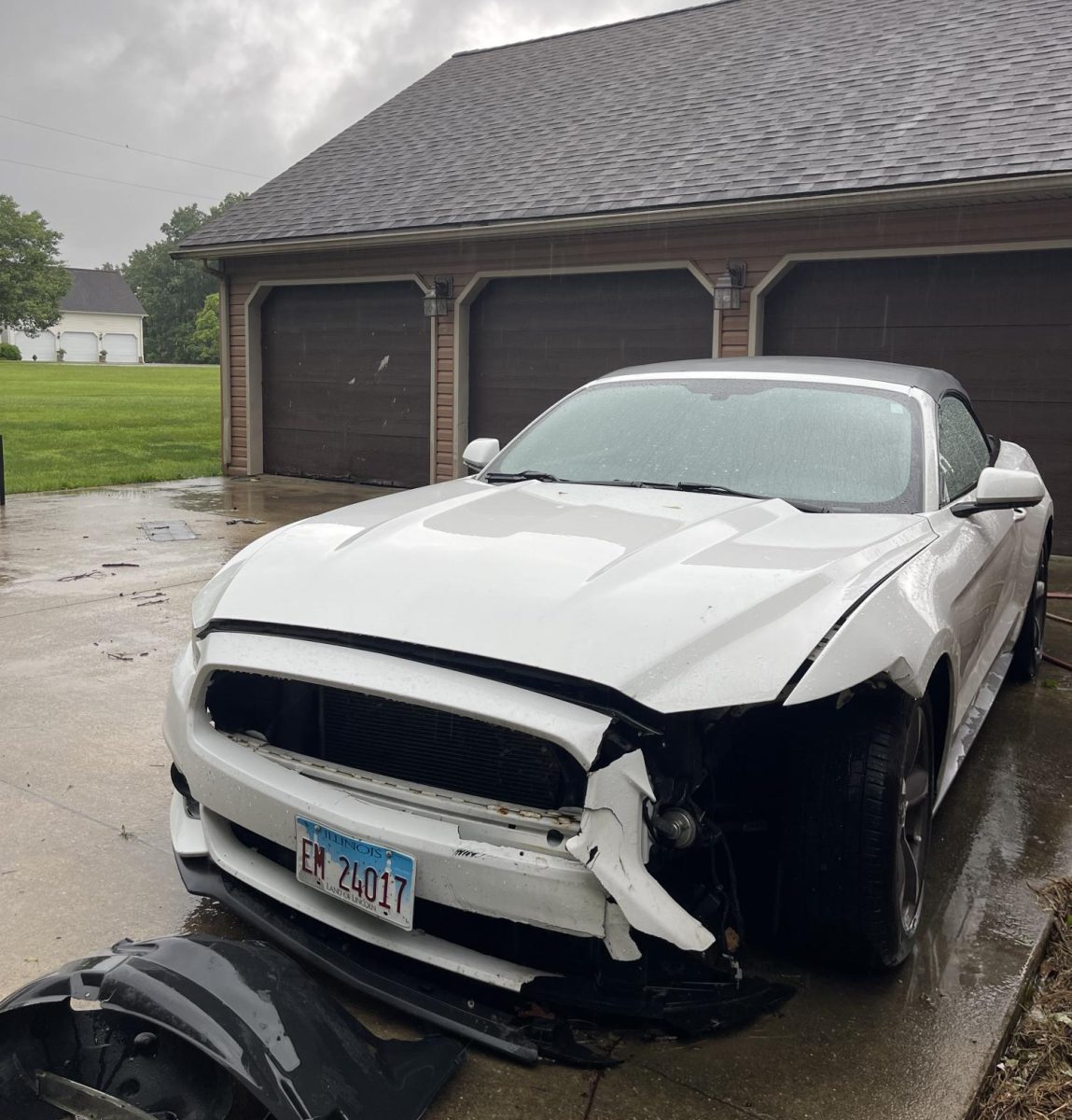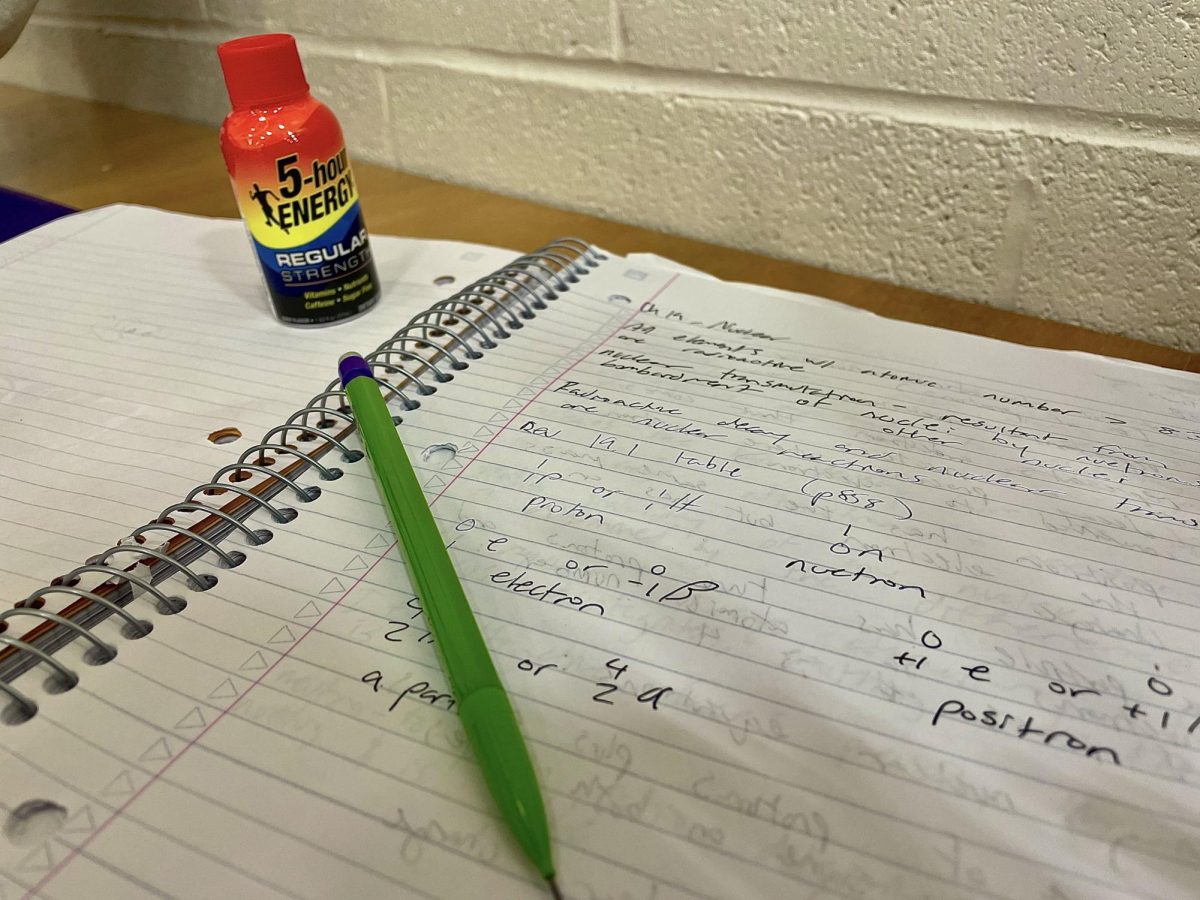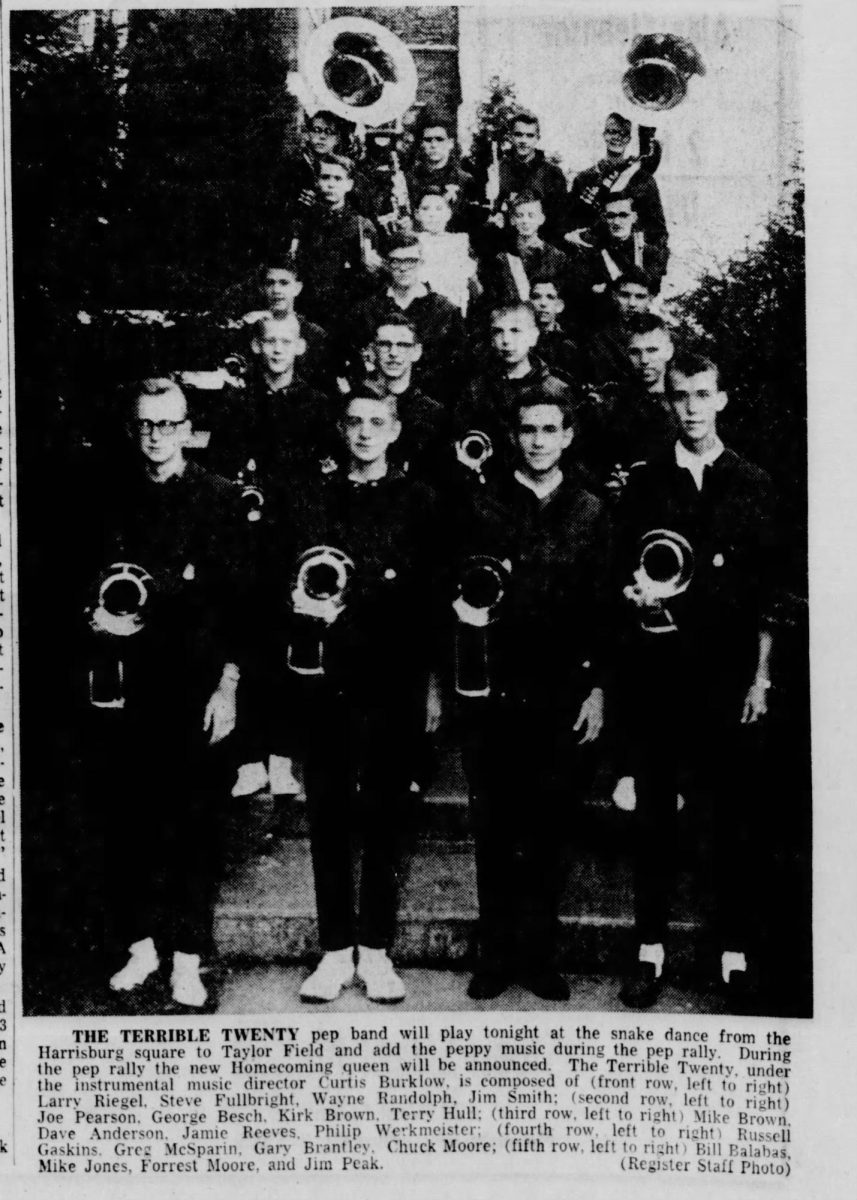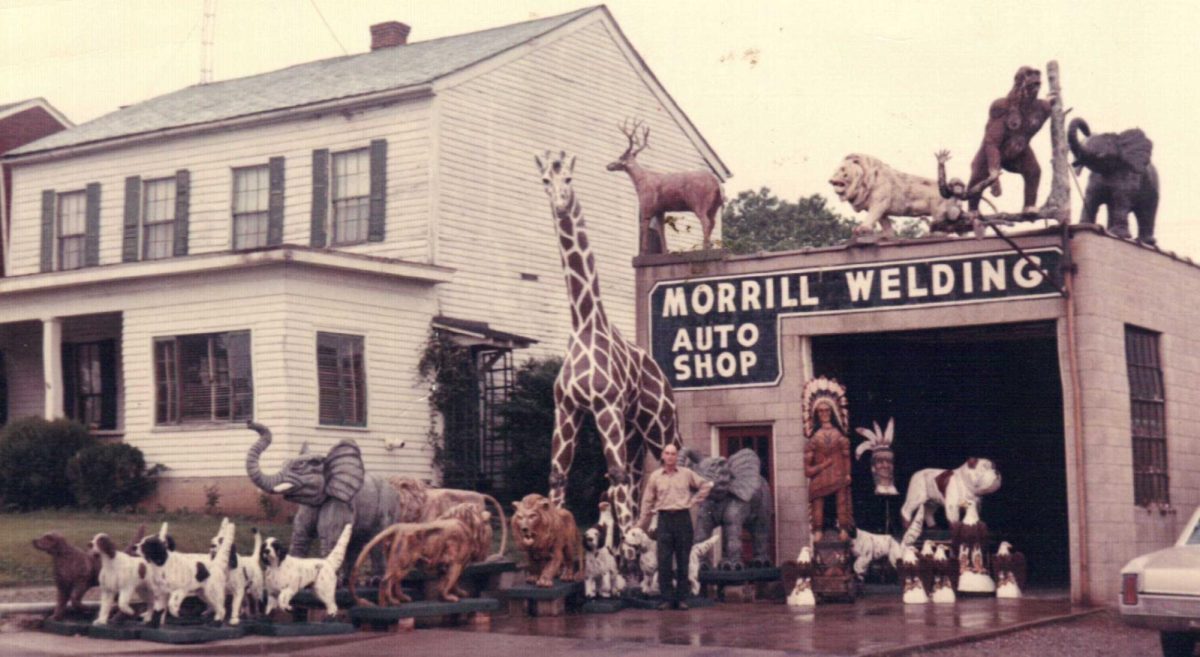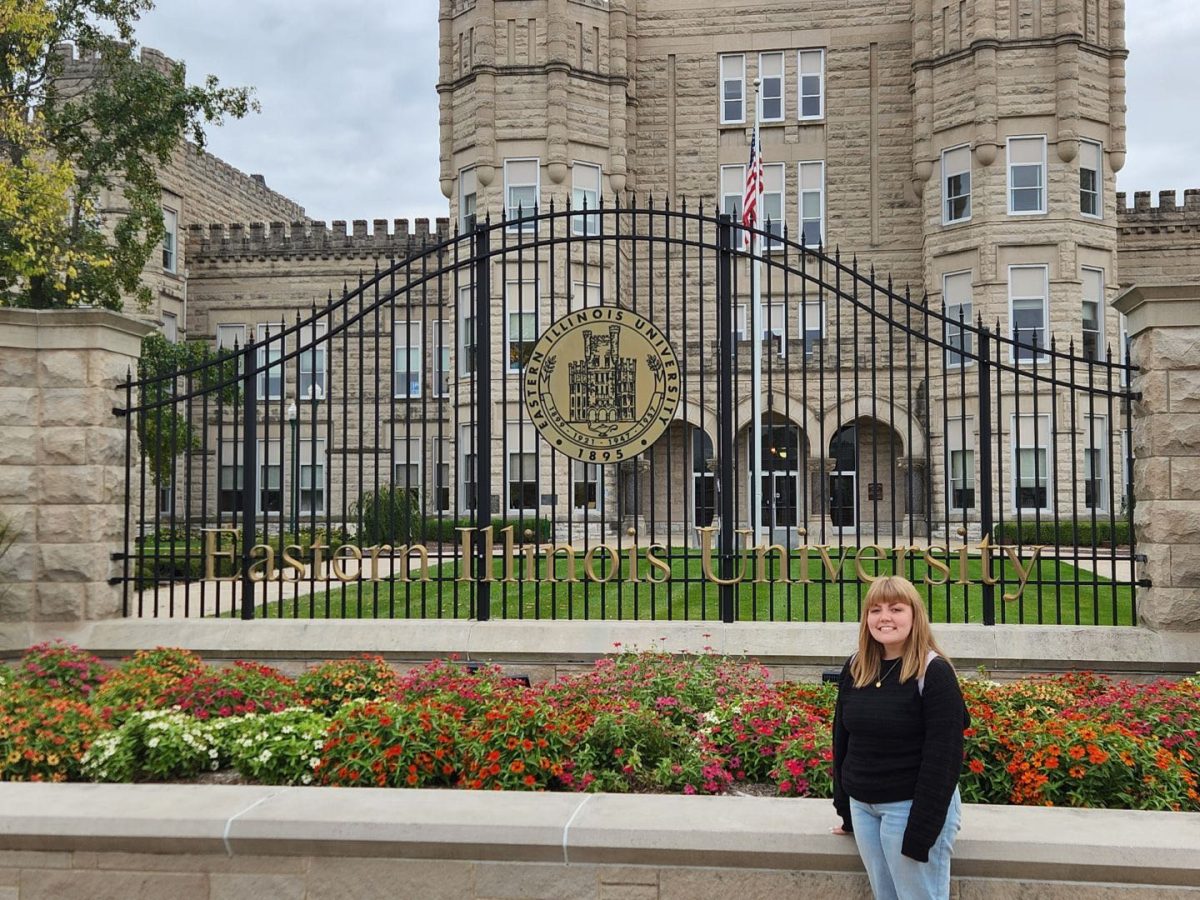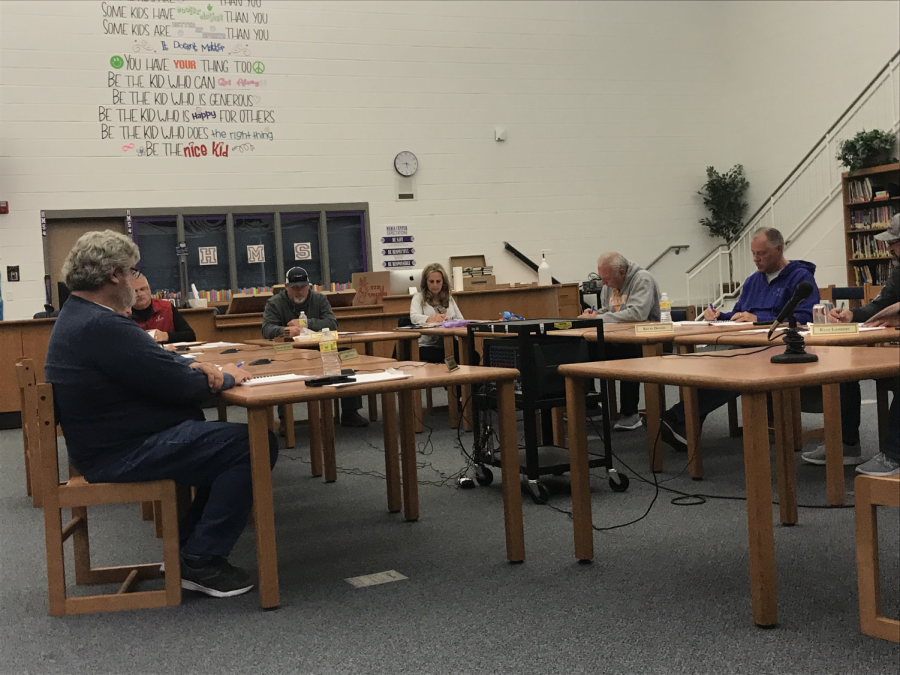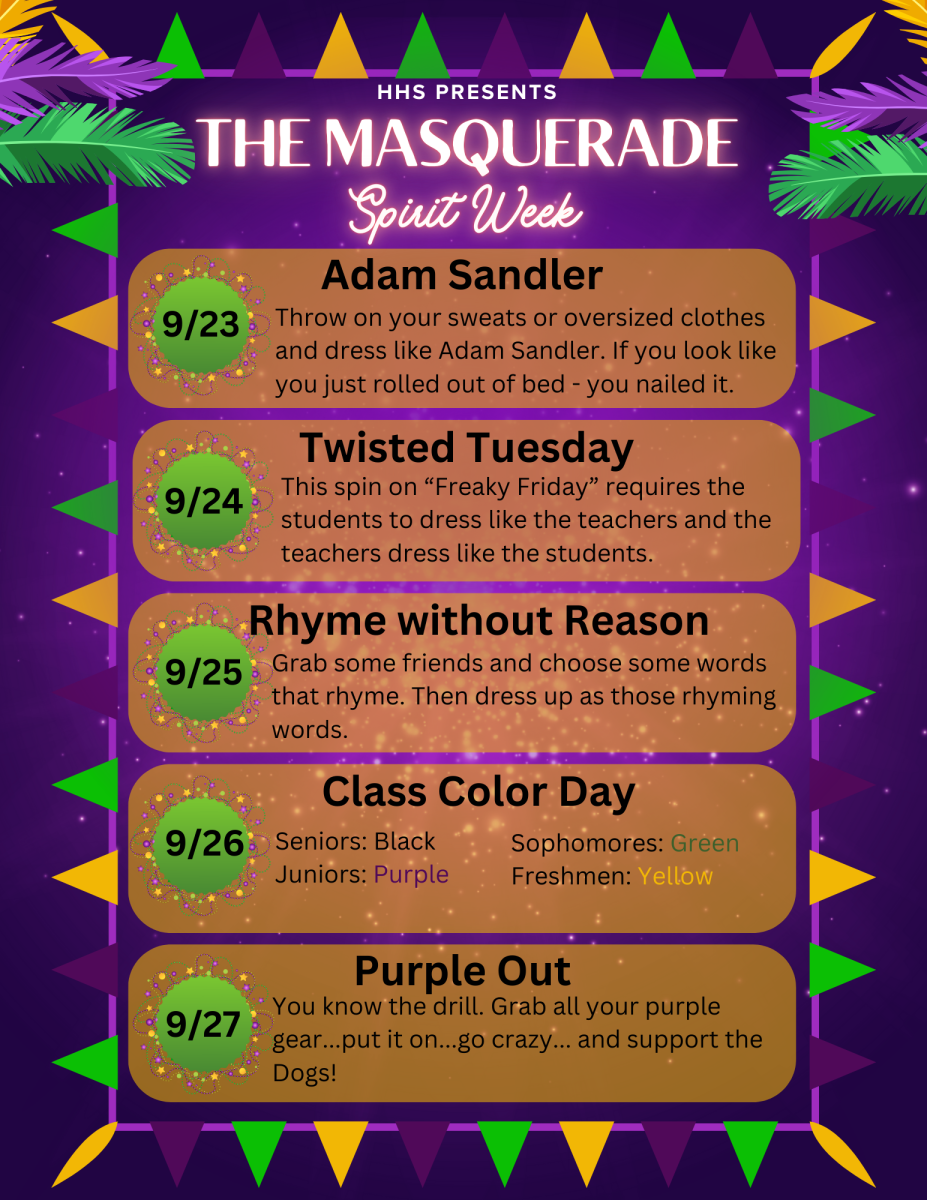This year, students enjoyed an extended Christmas break due to a winter storm that swept through the area. Ice accumulation from the storm made travel nearly impossible, and many residents were without power for several days. Some families even purchased generators to stay warm.
Sophomore Kinzley Stewart shared her experience: “We didn’t have power for multiple days with no heat. Our house got so cold that we had to go to a hotel for the night. Luckily, when we came back home, our power was restored.”
The primary cause of the outages was ice accumulating on tree branches, which caused them to fall onto power lines. The severe cold forced many families to seek alternative heating solutions. Dorrisville Baptist Church opened a warming center for those without power, offering showers, meals, and a place to stay. Other shelters were open but eventually condensed into one group as the storm extended.
The storm also created hazardous driving conditions. Some roads were so covered in snow that visibility was nearly zero. Trees continued to fall, further obstructing travel and adding to the danger. Local linemen worked long hours to restore power, often with little sleep. Additional linemen from surrounding regions were brought in to help with the recovery efforts.
Despite the extensive work by the linemen, some households were without power for up to five days. Many local businesses stepped up, offering free meals and accommodations for the linemen while they worked tirelessly to restore electricity.
In addition to power outages, the storm caused significant damage to homes, vehicles, and personal property. Fallen trees damaged roofs and crushed cars, adding to the burden on affected families. Many students agree that the scariest part of the storm was dealing with the sounds of the falling branches. This was especially true for students who live out in the country around many old trees. Senior Bella Dooley said, “One night my entire family barely slept at all. It sounded like bombs going off all around us when the trees were breaking and snapping.”
Once power was restored, residents found ways to make the best of the situation. The “snow angel challenge” became a popular activity, where children and adults ventured outside in summer clothing to make snow angels. Participants would then nominate others to take part. The challenge helped lift spirits, providing a fun distraction from the hardships of being snowed in.

